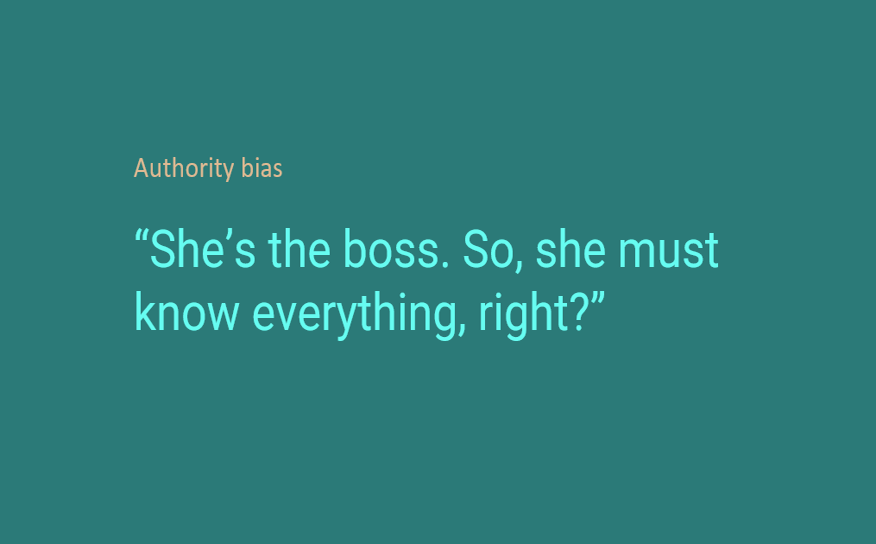In finance, creativity often comes with a warning label.
Everyone wants to “stand out”, but only as long as it still ticks the compliance boxes, doesn’t ruffle your risk team and doesn’t make anyone in legal raise an eyebrow.
That’s fair.
You’re not selling hoodies or oat milk.
You’re managing risk, wealth and trust. So yes, your brand voice needs discipline.
But, having worked for and with a TON of financial and fintech companies, what I’ve learnt is this:
too much discipline becomes dilution.
Think of most financial messaging as creativity in a cage.
The voice wants to move but it’s held back by layers of caution, committees and caveats.
And before long, you sound just like everyone else.
Safe. Predictable. Forgettable.
So how do you find your creative edge, without crossing the line?
Here’s where psychology helps.
There’s a cognitive concept called the “Von Restorff effect” (also known as the isolation effect). It shows that when something breaks a pattern, it becomes more memorable. In fact, it’s up to 30% more likely to be recalled later, even if the difference is subtle.

This ad by Three totally broke the mould and celebrated the "silly stuff" with a moonwalking pony to "Everywhere" by Fleetwood Mac:

Even though, on the face of it, the ad had nothing to do with the Three network, it resulted in:
- A 67% increase in positive online sentiment towards the brand.
- Massive coverage across all forms of media.
- A sharp increase in awareness of Three's network and its "Keep on Internetting" campaign.
- Bringing the "Everywhere" song back into the charts.
This can also be powerful in financial marketing.
But, don't worry, you don’t need to be outrageous to be remembered.
You just need to say something slightly differently.
Write with a little tension. Start with the problem. End with clarity. Use shorter words. Stop overexplaining. And for the love of logic, don’t open with your “award-winning platform”.
Creativity doesn’t mean chaos.
In fact, the best creative work in finance often comes from constraints.
And don’t think you need a blank canvas. You need a smart brief and clear parameters. You’ll find that simple marketing tweaks can make a significant impact on investment decisions, financial planning or product awareness.
Here are a few varied examples:
a) Use unexpected language in fund factsheets or investor letters.
Instead of saying the usual yawn-inducing opening:
"Market conditions remain challenging…”
start with a more stark, visual phrase like:
“Markets aren't just moving, they're grinding.”
It breaks the institutional tone and grabs more attention.
b) In product comparison tables, highlight ONE feature that no one else talks about.
Your competition is likely going to emphasise fees and performance. So, instead, isolate something surprising, such as time-to-deploy or treasury team satisfaction scores.
Making just one feature visually and tonally stand out increases recall and perceived differentiation.
c) In onboarding flows on pitch decks, insert a sharp, story-led metric.
So, rather than listing credentials or total AUM upfront, lead with something that’s really going to stick. Maybe something like:
“We’ve helped CFOs reclaim 6 weeks of lost time each year”.
The contrast between human impact and financial precision creates something much more memorable.
You don’t need to always make massive changes to existing structures or strategies, but a little reframe can go a long way.
So yes, creativity lives in a cage. Maybe it’s time to unlock it?
Speak soon












Leave a comment
Your email address will not be published.